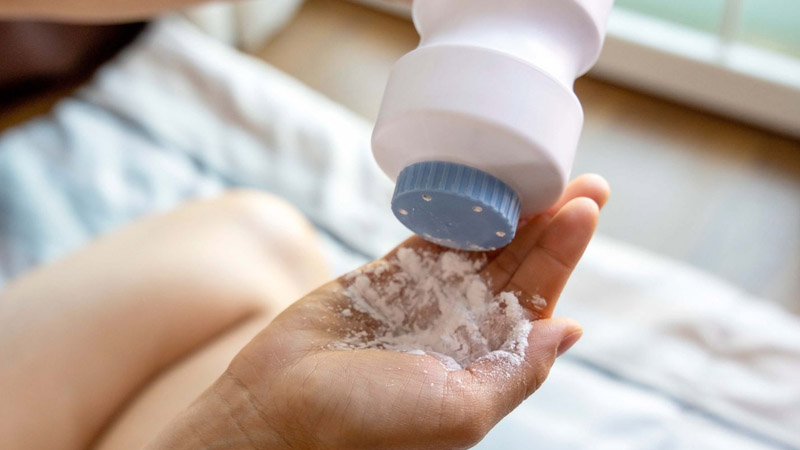The World Health Organization (WHO) has issued a stark warning regarding the use of talcum powder, linking it to a potential cancer risk. Talc, a common household product used to prevent chafing and applied to babies’ skin for decades, is also widely used by athletes and millions of women. Concerns have particularly arisen over women applying talc in their underwear and its potential link to ovarian cancer.
The International Agency for Research on Cancer (IARC), the cancer research arm of WHO, recently evaluated the carcinogenicity of talc. This naturally occurring mineral is mined globally, exposing people during the mining and refining process as well as through talc-containing cosmetics, body powders, and even food and drugs.
In a comprehensive review of the available scientific literature, WHO stated: “After thoroughly reviewing the available scientific literature, the Working Group of 29 international experts classified talc as probably carcinogenic to humans (Group 2A) on the basis of a combination of limited evidence for cancer in humans (for ovarian cancer), sufficient evidence for cancer in experimental animals, and strong mechanistic evidence that talc exhibits key characteristics of carcinogens in human primary cells and experimental systems.”
The Group 2A classification is the second-highest level of certainty that a substance can cause cancer. Numerous studies have consistently shown an increased incidence of ovarian cancer in women who self-reported the use of body powder in the perineal region, reports Wales Online.
WHO further noted, “A causal role for talc could not be fully established. An increased rate of ovarian cancer was also observed in studies looking at occupational exposure of women exposed to talc in the pulp and paper industry. However, confounding by co-exposure to asbestos could not be excluded, and the increased rate was based on small numbers of ovarian cancers in those occupational studies.”
In experimental animal studies, treatment with talc resulted in an increased incidence of malignant neoplasms (tumors) in female rats (adrenal medulla and lung) and a combination of benign and malignant neoplasms in male rats (adrenal medulla).
This announcement underscores the importance of caution in the use of talcum powder, especially given its widespread application across various consumer products. As more research unfolds, the link between talc and cancer may become clearer, potentially influencing public health guidelines and consumer safety regulations.



